27dc.png)
27dc.png)

It is the obligation of government to ensure that no one is unjustly accused, convicted, or punished. There is growing evidence that race and poverty play a role in determining who gets arrested, who gets a fair trial, and how those convicted are sentenced. The Torah commands “Tzedek, tzedek tirdof,” or “Justice, justice you shall pursue" (Deuterononmy 16:20). The sages explained that the word tzedek is repeated not only for emphasis but also to teach us that we must be just in our pursuit of justice, that our means must be as just as our ends.
Maimonides lists five transgressions for which people do not repent. One of them is mistakenly suspecting an innocent person of doing wrong. One will justify his suspicion by saying, “I haven't sinned. What did I do to harm that person?” He doesn't realize that he commits a sin by considering an innocent person a transgressor (Hilchot T'shuvah 4:3). The racial bias in the criminal justice system means that, all too often, people of color face a presumption of guilt for crimes they did not commit.
“I have no pleasure in the death of the wicked, but that the wicked turn away from his life and live” (Ezekiel 33:11). In the Jewish tradition, the sanctity of all human life is a primary value. Our definitive goal should be rehabilitation—not punishment. Our criminal justice system should effectively assess individuals who violate the law and ultimately prepare them to reenter society.
“You shall commit no injustice in judgment; you shall not favor a poor person or defer to a great man; you shall judge your fellow with righteousness” (Leviticus 19:15). As we are told, we must not favor certain people in the justice system. We want to work together for a criminal justice system that acts from righteousness for the benefit of all.
George Floyd, Ahmaud Arbery, Breonna Taylor, and Dreasjon “Sean” Reed are just some of the latest victims of the nation’s long history of brutality against People of Color, and particularly Black men. As peaceful protests continue across the United States, we see an all-too-familiar anger, frustration, and pain. Changes to federal laws are vital to ensure that law enforcement training, use of force policies, and data collection address historic and systemic racial injustices.
Urge your members of Congress to support comprehensive policing reforms in the 117th Congress.
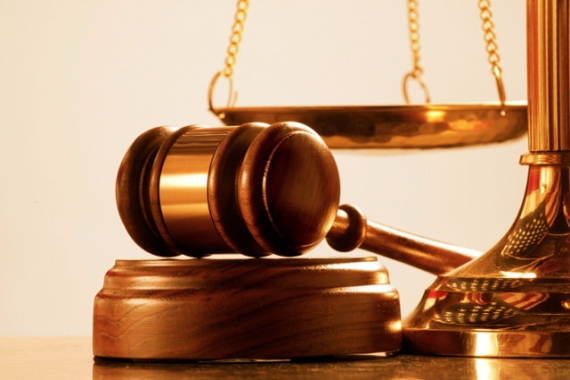
Many issues remain within our society and the juvenile justice system which have created racial disparities and are contributing to the "school-to-prison-pipeline."
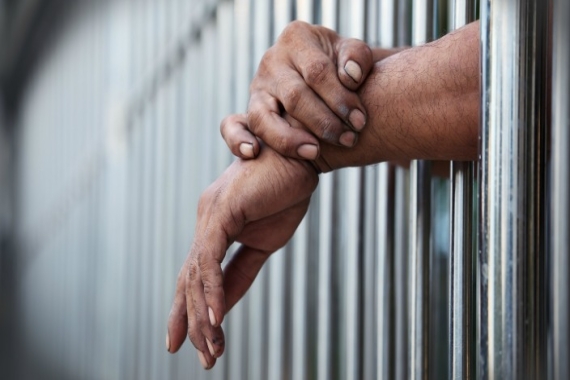
Despite paying their debt to society, a criminal record brings with it many collateral consequences beyond the sentence already served that creates many barriers for individuals trying to rebuild their lives.
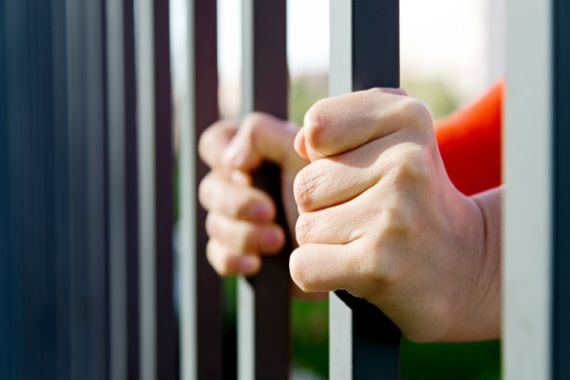
For decades, the Union for Reform Judaism has opposed mandatory minimums for first-time drug offenders, opposed the death penalty, and called for rehabilitative alternatives to incarceration.
27dc.png)
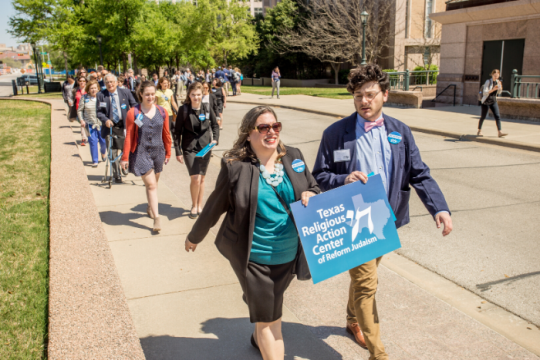
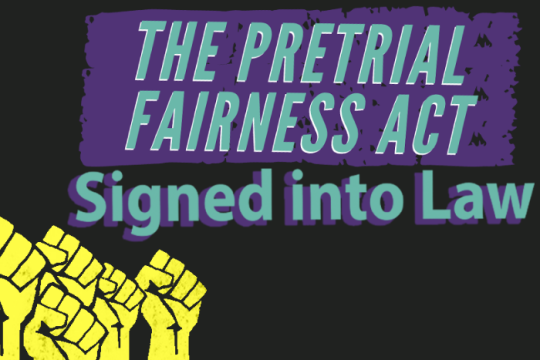
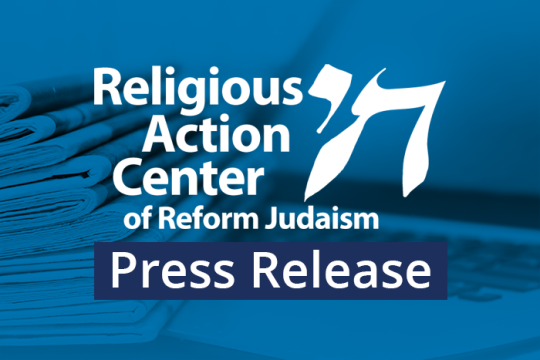


Learn more about the RAC's key issues and get involved by signing up for the legislative updates newsletter.
Thank you for subscribing to emails from the RAC! Please check your inbox for our emails and to manage your subscriptions.
Learn more about the position of the Reform Movement on these key issues, and read the formal resolutions by URJ and CCAR.

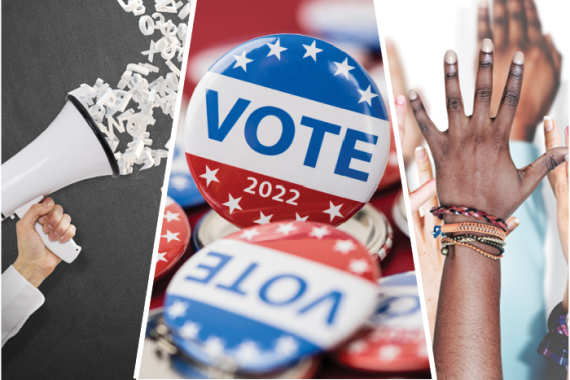
The Reform Jewish Movement’s 2022 Every Voice, Every Vote Campaign is a nonpartisan effort, grounded in our Jewish values and commitment to racial justice, to strengthen our democracy by encouraging and protecting voter participation.

For more information on this issue, contact Israel Harris.